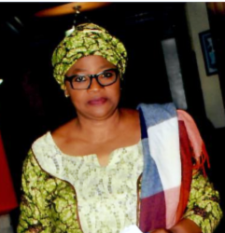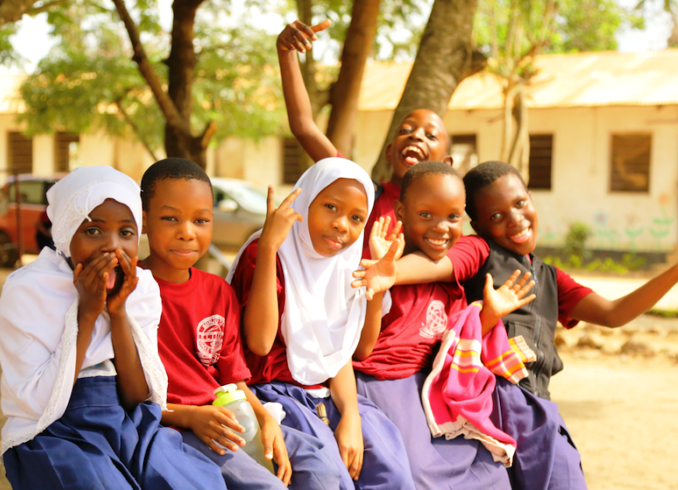- By SANMI FALOBI –
As Child Rights Advocates, especially in Africa commemorates the Day of the African Child, celebrated on 16 June every year, Government of African nations as well as Policy Makers, Support Groups, Organizations, Parents and Care-givers have been called to ensure that children are consciously integrated into development initiatives.
Speaking to sdnonline to commemorate the 2018 edition, which has the theme, ‘Leave No Child Behind for Africa’s Development’, Mrs. Oruoma Odum, a UNICEF trained child rights advocate and Senior lecturer at the Nigerian Institute of Journalism (NIJ), Ogba, Lagos, said it was imperative that all hands are on deck in ensuring proper development of the child.
“That we ‘Leave no child behind” is one the laws embedded in the Child Rights Charter CRC, (1990) and Child Rights Act, CRA, ( 2003). This means that the child ( boy and girl) must come first in anything we do. ”We” here, means parents, Caregivers and Government at all levels. This includes education, health and the general development of the child (Physical, body and soul)” she said.
Speaking further, she noted that the African child, and in particular, the Nigerian child is being deprived of some rights and neglected in many things that is needed for proper development and growth.

- Mrs. Oruoma Odum
“If you look at it generally, the Nigerian child is not independent, the Nigerian child does not have the will to do certain things, the Nigerian child is kind of neglected. For instance, in the home, till now, most parents believe that the child should not eat meat and that there are things the child must not take. I think it is ignorance because a child needs meat, needs food because the child needs to grow into an adult. So if you don’t feed that child well, the child will not grow well, the child will not have the mental capacity to absorb the stress of life later, even as an adult. So the Nigerian child generally is not properly taken care of, the Nigerian child is not given that right to be him or herself.”
According to her, every child should be given what is needed to grow and develop well. “We know that in our society, the child is not giving any form of chance to be able to express him or herself. It is what the parent says, that is taken; it is what the society says that the child obeys. The child does not even know that he or she has a right to education; the father will decide who should be sent to school, especially the girl child. The girl-child in our society is seen as somebody who will marry later and answer somebody’s name so there is no need educating her in any form, so she ends up as a full time or glorified house help in her husband’s home.”
She lamented that society still permits some cultural practices, which adversely affects the development of children, especially the girl-child.
“Some society still practice female genital cutting. This is bad. God has put it there for a purpose, but when you cut it, you put the child through some pains and the child grows up with low self-esteem. Some people go to the extent that instead of severing it, they sew it up and put that child in pain for life. That culture is bad. It is a societal construct. We should not accept it”, she noted.
“Early child marriage is another. A child is a child. Imagine a child that you should still be teaching on how to clean herself, you send out for marriage. Early marriage is a very wrong culture. There is also this issue also that the yorubas call ‘Abiku’. They say that because ‘Ifa’ or whatever says that the child would die young, they then have to carry the child and use him or her to go and beg. It is a wrong culture. These are things and norms that we carry on that are not good for the children and these must stop.”
“I pray that the government will take what concerns the child very seriously”, she noted. “And to the African Child, do not be frail, keep hope alive, persevere, tomorrow will be better that today”, she added.
Day of the African Child, celebrated every year on 16 June, was set aside to remember the young people of South Africa who were massacred in Soweto in 1976 for protesting against apartheid system of education. The 2018 theme highlights the need to ensure that no child is left behind by specifically targeting those who are not benefitting from Africa’s growth and development. The theme also underscores the need for inclusive development for children, that is, whenever undertaking to develop programs and policies for implementing Agenda 2030, children should be at the centre-stage and Member States should ensure that no child is left behind in the drive towards sustainable economic development.

